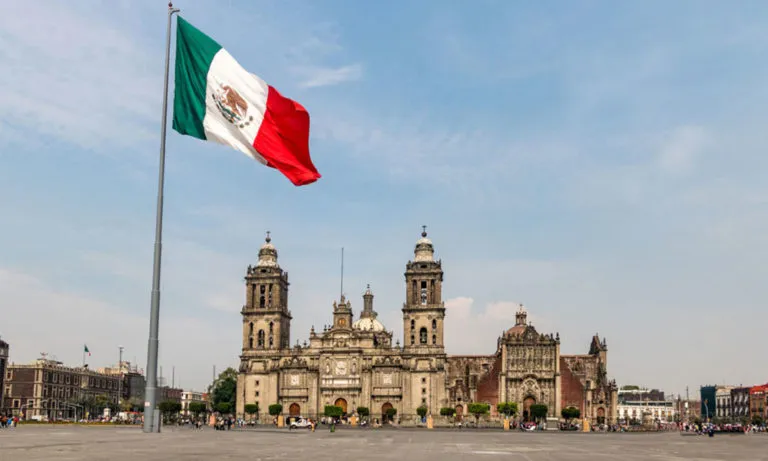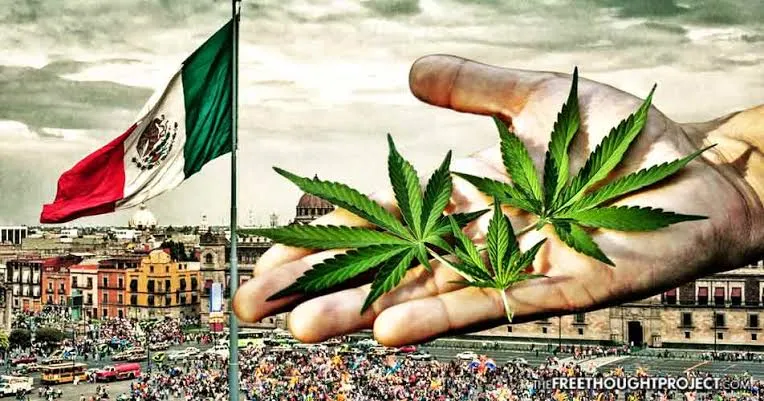
The Mexican Senate postponed the vote to be held earlier this week on the legalization of cannabis. The deadline granted by the Mexican Supreme Court expires today and it is preparing to remove from legal texts articles that prohibit the self-cultivation and use of cannabis.
A year ago, the Mexican Supreme Court declared unconstitutional sections 235, 237, 245, 247 and 248 of the General Health Act prohibiting the possession and use of cannabis for personal and recreational use. However, it gave the government time to legislate on this new legal vacuum and establish a regulated market. The last deadline was October 23rd.
On October 18, the Senate Justice and Health Committees presented a final proposal. However, the Senate requested an extension of one week to be able to revise the text correctly. The vote, scheduled for October 28, did not finally take place.
"As for cannabis, we can not reach a consensus," said Ricardo Monreal , chair of the Senate's Political Coordination Council.
According to Ricardo Monreal, disagreements are due to external pressures on senators: "The amount of lobbies surrounding this project is impressive." He wants to avoid legalization being confiscated by foreign influences: "The most serious consequence would be that it turns into simulation and that we do not modify the urgent points to be modified. Another concern is that the lobbies of multinational companies impose a law to their advantage.
Indeed, the law currently being discussed is not to please the big foreign multinationals of cannabis. It significantly restricts their access to the estimated $ 2 billion Mexican market and 1.4 million potential consumers . For example, it prohibits vertically integrated structures and limits the share of capital - in terms of commercial and scientific licenses - held by foreign entities to 20%.
Mexican legalization agents wanted to focus on social justice. The proposed law thus provides preferential access to licenses for Mexican rural communities long affected by the prohibition. "The idea is not to refuse money because it comes from foreign investors. What we refuse is that a foreign industry takes advantage of low-cost labor and Mexican land but takes profits out of the territory, " says Zara Snapp , co-founder of the RIA Institute in El Pais.
It is precisely "to fight against any interest external or foreign to the legislative power" that the vote was postponed according to Ricardo Monreal. He also announced that the Senate Political Coordination Council would accompany the work of the Health and Justice Committees: "We will act very seriously because we do not want the proposed law to be subject to pressure or altered by private interests".
Well, according to some newspaper reports, the Supreme Court has prepared a text of a general declaration of unconstitutionality that will invalidate the articles concerned despite the absence of regulations. This text would allow the consumption and self-cultivation of cannabis but not its trade.
The document must be voted by the judges of the court with at least eight votes in favor to be accepted. Six judges have already ruled for and one against. The other four are still undecided. The text needs to be discussed today as the court's deadline for the government comes to an end.
According to the newspaper La Jornada , the Senate vote is postponed to the first weeks of November. At the same time, the idea of legalizing all drugs is discussed by some actors who want to finally end the illegal cartel traffic.
